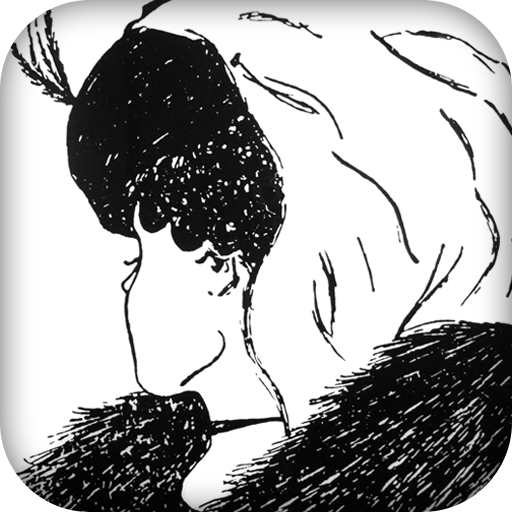Molloy.
No matter what age or maturity level one may be, I
am sure that no reader can peruse the text of Molloy and not be startled,
or brought to hysterical tears, by the passages on ‘true love’. It is hinted
towards on the first page that a passage will come up on his experiences with
love, and it takes the next fifty pages to make the reader understand exactly
what kind of sexual experience they should expect from such an odd character.
Ah, but it is not just a sexual experience, it is ‘true love’, and he this he
knows because she told him so.
I wish I could say that
this was the most startling part of the passage but it certainly is not. Though
it is worth much consideration, that she tells him it is ‘love’, and the
confidence he has in her telling the truth about such, because he lacks the
confidence of determining whether or not the ‘one who showed him love’ is named
Ruth or Edith, or even a woman or a man. (“Perhaps she too was a man, yet
another of them. But in that case surely our testicles would have collided,
while we writhed. Perhaps she held hers tight in her hand, on
purpose to avoid it.”) In every aspect of the experience in which he describes
he begins confidently and ends so ambiguously that it is hard to determine if
the event ever happened. “She went by the peaceful name of Ruth I think, but I
can’t say for certain. Perhaps the name was Edith.” He is confident enough to
describe her name as ‘peaceful’, but for all his confidence he lacks all
conviction by the end of the thought. How peculiar, indeed.
The coup de grâce all of
grotesquery and humor, ambiguity and honesty, must be the next sentence. And I
quote, “She had a hole between her legs, oh not the bunghole I had always
imagined, but a slit, and in this I put, or rather she put, my so-called virile
member, not without difficulty, and I toiled and moiled until I discharged or
gave up trying or was begged by her to stop.” The heinousness of such words is
enough to make a weak stomach sick, but the hilarity of how he came to finish
is contradicting towards all notions of love that you almost have sympathy for
such a derelict. For one line to bring the reader from sickness to sympathy is
really quite remarkable.
This whole event seems to
be included to make the reader reevaluate, or reconsider their evaluation of
what it means to love and make love. Beckett seems to be commenting on the
disconnect between words, the actions they elicit and their ultimate meanings.
He uses the example of ‘making love’ as the ‘toiling and moiling’ as ‘coitus’.
Perhaps another example along the same lines would be ‘sleeping together’ as
‘humping’ as ‘coitus’. The disconnect is between what the words actually mean
and their implication; ‘sleeping together’ assumedly means next to one another,
but implies on top of one another. When Ruth or Edith, or possibly some hobo
with a mop on his head, tells him ‘[they] are making love’ he literally
believes it to be ‘love’, not the desperate humping that it is in reality.
Here are a few more
quotations that I couldn’t possibly leave out of this post, that also
incorporate the severe disconnect Molloy has between signifier and signified.
-“She bent over the couch,
because of her rheumatism, and in I went from behind… It seemed all right to
me, for I had seen dogs, and I was astonished when she confided that you could
go about it differently.”
- “Perhaps she put me in
her rectum. A matter of complete indifference to me, I needn’t tell you. But is
it true love, in the rectum? That’s what bothers me sometimes. Have I never
known true love, after all?” (The evidence to
support Molloy’s complete ignorance into the world of love is laid out bare in
these lines.)
- “We met in a rubbish
dump, unlike any other, and yet they are all alike, rubbish dumps. I don’t know
what she was doing there. I was limply poking about in the garbage saying
probably, for at that age I must still have been capable of general ideas, This
is life. She had no time to lose, I had nothing to lose, I would have made love
with a goat, to know what love was.”
- “She gave me money after
each session, to me who would have consented to know love, and probe it to the
bottom, without charge. But she was an idealist.”
…Beckett, you are one sick
genius.


